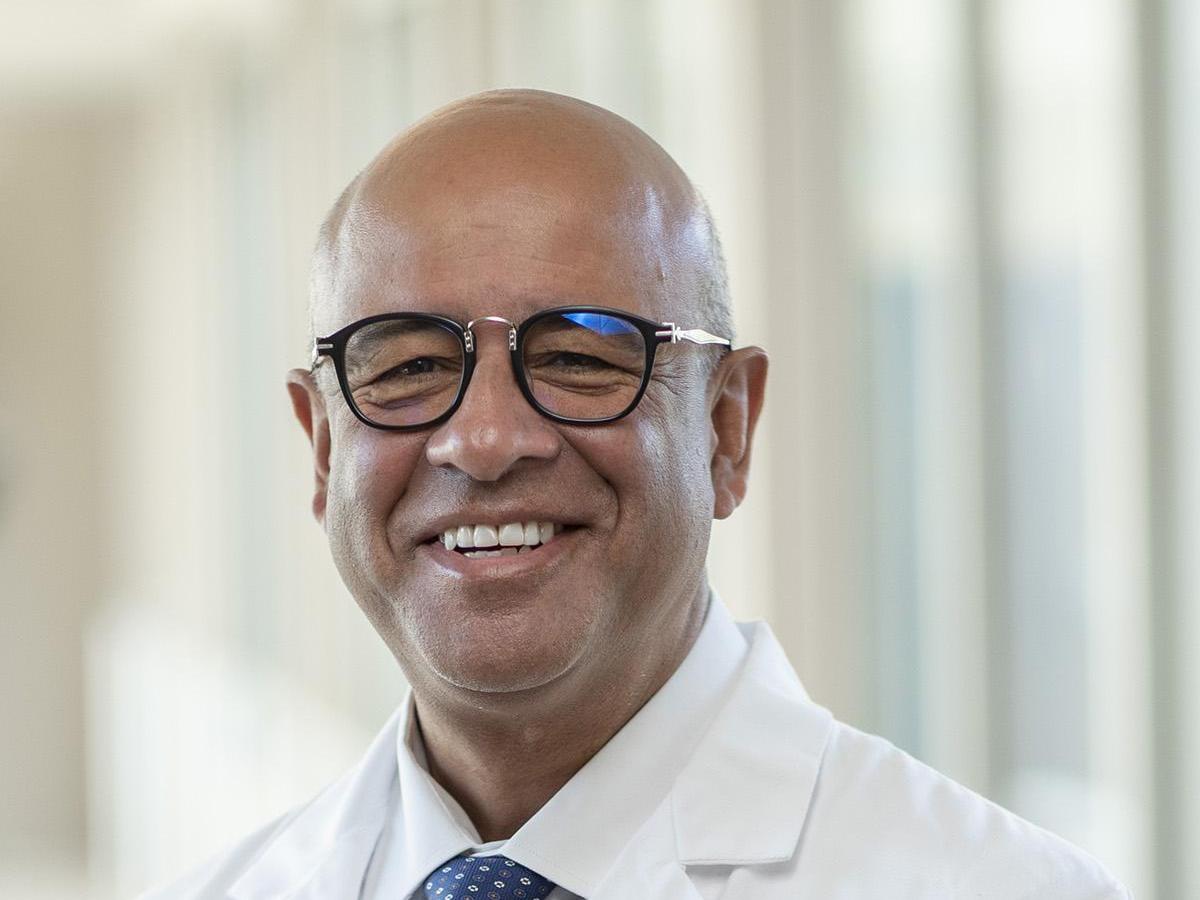What is a Carotid Artery Stenosis?
Carotid artery stenosis, or carotid artery blockage, is the narrowing of the main arteries in the neck that supply blood to the brain caused by plaque in a blood vessel, a condition known as atherosclerosis. This disease increases your chances of having a stroke.
A stroke is caused by a blockage that interrupts blood supply to the brain. This condition occurs when a major portion of one or both arteries in the neck that supply blood to the brain are narrowed or blocked. Stroke secondary to carotid stenosis is most common in older people, and there is often underlying atherosclerotic heart disease or diabetes mellitus.
Carotid Artery Blockage Screening
There is a big wave of technology to screen patients for carotid artery stenosis. The initial test, after listening to the arteries with a stethoscope held over the neck, is an ultrasound examination of the arteries. More refined tests include contrast angiography and magnetic resonance angiography.
Carotid Artery Blockage Treatment
Once a diagnosis of carotid artery stenosis is made, we determine whether the blockage requires treatment and which procedure should be performed. Surgery or anti-clotting medicines are used to treat stenosis.
The time-honored therapy for carotid artery stenosis has been carotid endarterectomy; an open operation done through a neck incision where the blockage is removed and the artery repaired. Another type of treatment is carotid artery stenting, where the artery is dilated with a balloon placed over a catheter and a stent left in place to keep the artery open.
There are hazards with both procedures, the most serious being a major stroke. The stent approach is reserved for high risk patients and for those who have had previous carotid surgery, irradiation of the neck, or complicating medical diagnoses that would make open surgery hazardous. Most patients would prefer an operation that does not leave a neck scar, but that might not be the best option for many patients.
Who Performs the Procedures?
The best individual to help you decide which procedure should be done is a vascular surgeon trained to perform both carotid endartectomy and carotid stenting. UT Medical Center offers a team of vascular surgeons who have pioneered such surgeries.
The University Vascular Surgeons have East Tennessee’s only approved program to train fellows in endovascular surgery. They performed the first carotid artery stent in Knoxville. They have held courses to teach endovascular techniques to vascular surgeons, interventional radiologists, and cardiologists from across the eastern United States. They have won national and international honors and recognition in research for new methods to improve outcomes of endovascular therapy. UTMC has the only basic science vascular research laboratory in East Tennessee, and the first dedicated endovascular surgical suite in Knoxville.









